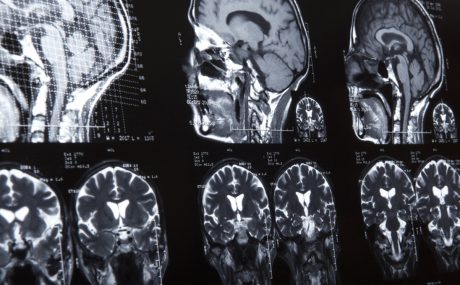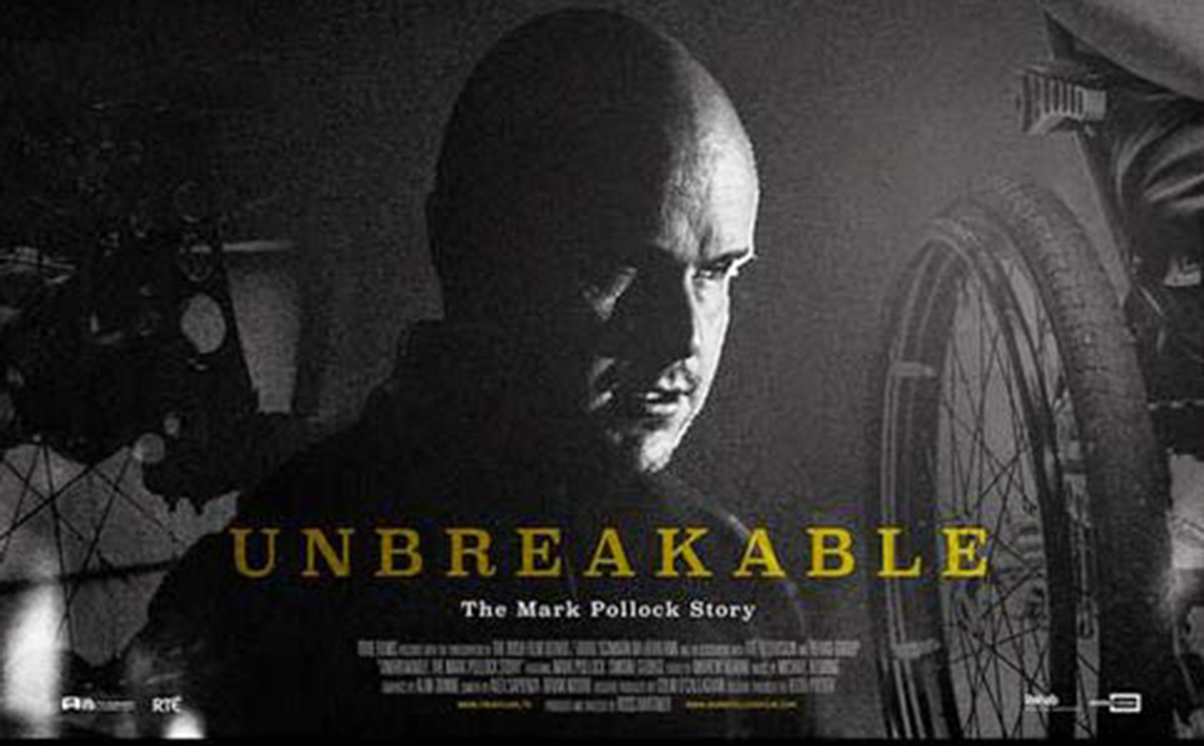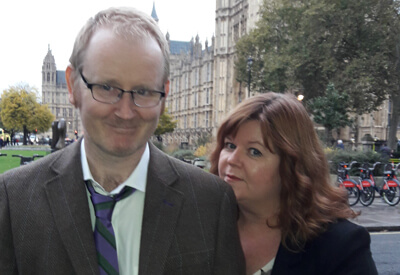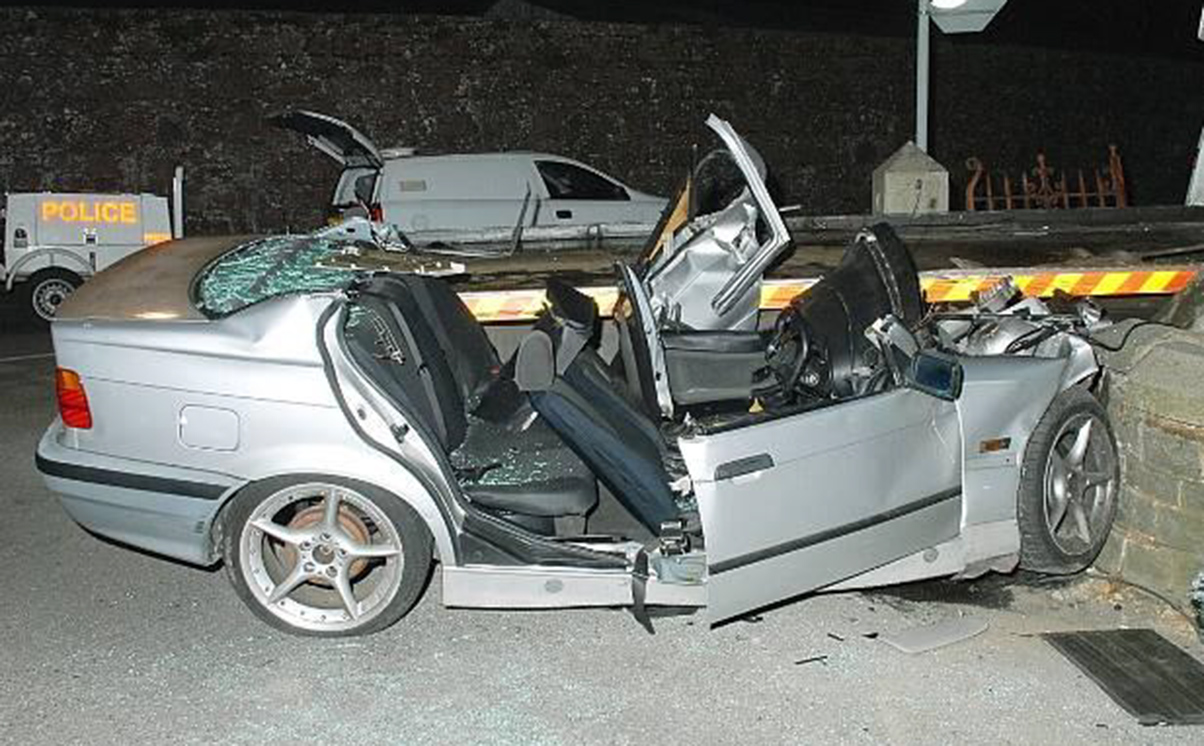Lacking mental capacity can have a profound impact on a person’s needs and in turn an expert’s recommendations for the future. Such considerations can be difficult for experts not working within psychiatric or psychological fields. Senior Associate Rebecca Hill discusses mental capacity, how it is assessed and how the outcome may affect experts involved with the claim.
Mental capacity
Mental capacity is the ability to make decisions, and this can be compromised when a person sustains a brain injury.
Importantly, capacity is not a blanket term; a person might have capacity to make some decisions but not others. They might be able to decide where they want to live, but not be able to manage their finances and affairs. Capacity can also change over the course of years, months, weeks and even hours.
If a person lacks capacity to make a particular decision, someone else needs to make it for them. That person is known as the decision-maker, and typically they are responsible for assessing the person’s capacity. The more serious the decision, the more formal the assessment should be. Often, a referral to a neuropsychiatrist, neuropsychologist or neurorehabilitation specialist is needed.
The assessment
The Mental Capacity Act 2005 (MCA) protects and empowers people who may lack capacity, and is the starting point for the assessment. Section 2 sets out a rather cumbersome test, which is summarised as follows:
- Does the person’s mind or brain suffer from an impairment, or a disturbance in how it functions? If yes,
- Does the impairment or disturbance make that person unable to:
- make the specific decision
- at the time it needs to be made?
A brain injury is likely to satisfy question 1. For question 2, a person is only able to make the decision at the time if they can do all of the following:
- Understand the relevant information, and
- Retain that information long enough to make the decision, and
- Use or weigh up that information as part of a decision-making process, and
- Communicate their decision.
If a person with a brain injury cannot satisfy these four requirements, they lack the capacity to make that decision at the time it needs to be made.
The MCA also sets out five guiding principles that must always be borne in mind when assessing capacity:
- A person must be assumed to have capacity unless it is established that he lacks capacity.
- A person is not to be treated as unable to make a decision unless all practicable steps to help him to do so have been taken without success.
- A person is not to be treated as unable to make a decision merely because he makes an unwise decision.
- An act done, or decision made, under this Act for or on behalf of a person who lacks capacity must be done, or made, in his best interests.
- Before the act is done, or the decision is made, regard must be had to whether the purpose for which it is needed can be as effectively achieved in a way that is less restrictive of the person’s rights and freedom of action.
Best interests decisions
If a person lacks capacity to make a decision at the time it needs to be made, someone else has to step in and make that decision for them under the MCA, and act in the person’s best interests. The MCA sets out seven principles to help a decision-maker assess someone’s best interests:
- The decision-maker must not make unjustified assumptions based on the person’s:
- Age
- Appearance
- Condition
- The decision-maker must consider all the relevant circumstances.
- Is the individual likely to regain capacity to make the decision in the future, and, if so, when is this likely to be?
- Wherever possible, the patient should still be included person in the decision-making process.
- Consider the person’s wishes, feelings, beliefs and values, in so far as they are reasonably ascertainable.
- Insofar as is practical and appropriate, the decision-maker has a duty to take into account the views of anyone the patient previously named, anyone caring for the person, anyone interested in their welfare (eg family carers, close relatives, formal advocates) and any attorney/deputy.
- When considering life-sustaining treatment, they must not be motivated by a desire to bring about the person’s death. The decision-maker cannot make assumptions about a person’s quality of life.
Considerations for experts
Where a claimant has a brain injury, it is common to have a formal capacity assessment for the major decisions that they face, such as:
- Capacity to litigate, namely, the ability to make all decisions about the compensation claim and provide instructions to the solicitor.
- Capacity to manage finances and affairs. This can be a question of degree, as simple day-to-day spending requires a lower threshold of understanding than management of a compensation award, for example.
- Capacity to make health and welfare decisions such as about a person’s care, treatment and personal circumstances.
If a person lacks capacity in any of these areas, it can have wide-ranging consequences for other decisions, and the practical support that someone might need. Whilst the care expert will quantify the need for support workers and case management, all experts can help to inform that assessment by commenting on the complexity of the arrangements being proposed, the level of organisation and proactivity required, the need to review and amend plans, the need to shop around for alternatives, and so on. This information can then be used by the care expert to calculate the amount of support required.
Further issues can arise where a claimant is reluctant to engage with the recommendations being made. For example, they may indicate that they do not want to purchase a piece of equipment being recommended, do not want to move house, do not want therapy, and so on. In difficult circumstances such as these, it is important for an expert to consider whether the claimant has the capacity to make such decisions. If they do, it will be for the court to decide whether to award compensation for recommendations in such circumstances and they will be guided by whether the expert considers the refusal reasonable or not. If the person lacks capacity to make the decision, then the refusal is not valid. The person’s preference should, of course, be recorded in the report, but it should not be determinative. It is for the court to decide whether, on balance, the expenditure will be incurred by the decision-maker.
Sensitive and difficult issues also arise if a person puts themselves at risk by making adverse decisions about their lifestyle. Again, consider whether they have the capacity to make those decisions. Simply because they are ‘unwise’ does not indicate a lack of capacity, as discussed earlier. For example, if a claimant chooses to be in a destructive relationship which places them at risk and interferes with their care and treatment regime, does the claimant have the capacity to enter into or maintain that relationship? This is a highly sensitive issue and any such decisions are likely to involve formal assessments and the court of protection. For experts advising the court, it can be beneficial to consider the person’s needs in a variety of different scenarios, so that whatever the outcome, the court can identify the person’s needs. Careful guidance will be given by the instructing solicitor in these circumstances.
Bringing a compensation claim for a brain injury survivor demands highly specialist solicitors and experts, with support from an understanding and skilled rehabilitation team. In many cases, deputies or trustees are involved from an early stage. This support network places the claimant at the heart of the process with the support they need should things go wrong or difficult issues arise. Experts advising the court are a key part of this process and need to be sensitive to mental capacity issues that may change over time or complicate implementation of the recommendations made. Providing the court with well-rounded advice which highlights these issues helps the court to determine what the future may hold for the claimant and the compensation that they need.
You can find further information regarding our expertise, experience and team on our International Injury pages.
If you require assistance from our team, please contact us or alternatively request a call back from one of our lawyers by submitting this form.
Media contact: Lydia Buckingham, Senior Marketing Executive, +44 (0) 20 7822 8134, lbuckingham@stewartslaw.com






